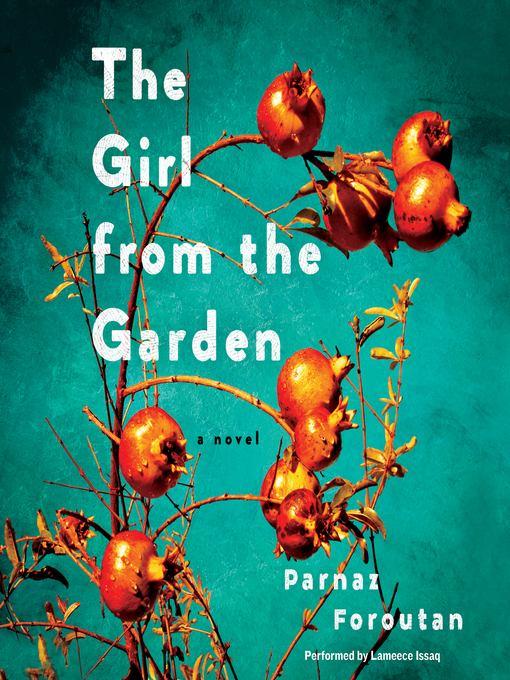
The Girl from the Garden
A Novel
- اطلاعات
- نقد و بررسی
- دیدگاه کاربران
نقد و بررسی

This beautiful yet disturbing story of a well-to-do Iranian family that is Jewish explores the ways family dynamics and cultural expectations affect the lives of three generations of women living under one roof in Kermanshah in the early twentieth century. Narrator Lameece Issaq calls on her acting background to deliver naturally paced, animated dialogue, brimming with the women's feelings as they establish their places within the household, cope with jealousy, embrace joy, face sorrows, and fulfill (or not) their duties to their husbands and God. While Issaq's reading of the narrative is periodically broken by unexpected pauses, the ethnicity of the family and the Middle Eastern setting are enriched by her native-sounding Hebrew and other regional accents, giving listeners an added layer of connection. C.B.L. © AudioFile 2015, Portland, Maine

Starred review from July 13, 2015
Foroutan's richly layered debut explores the dark political maneuverings inside a single household in a Jewish enclave in Iran. When Rakhel marries Asher Malacouti, the most prosperous Jewish businessman in the town of Kermanshah, it seems like an ideal match. Asher is consumed with the need to have a male child to inherit the business, and Rakhel is desperate to conceive, but she appears to be barrenâa fact that becomes even more wrenching when her sister-in-law has little trouble getting pregnant. After several years, Asher takes the radical step of taking a second wife: his cousin's disgraced ex-wife, Kokab, whom he has lusted after for years. Rakhel resorts first to subtle manipulation and then to more drastic measures in order to retain her husband's attentions and keep her place in the household secure. Eventually, during the Iranian Revolution, she leaves for America. In present-day southern California, Rakhel's niece, Mahboubeh, now an old woman, attempts to find common ground with the bitter old woman she remembers from childhood. The framework of flashbacks within flashbacks (present-day Mahboubeh, Mahboubeh as a young girl, Rakhel as a young woman) can be difficult to navigate, but Rakhel's slow descent into darkness exhilaratingly propels the plot, and Foroutan's sumptuous prose paints a vivid portrait of a rarely explored historical and cultural setting.




دیدگاه کاربران